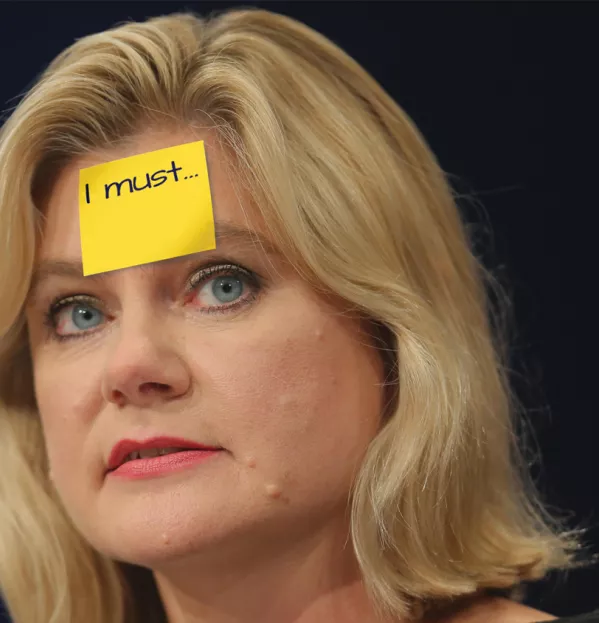One of the many great things about working in a school is that we get two opportunities to start a new year. The main advantage of this, of course, being that twice a year headteachers can reel out the same old assembly about resolutions for the year ahead. If, like me, your main aim during assembly is to get a 10-minute sit-down and not get caught out for not listening, then you may not have noticed this, but, trust me, it’s true.
I’m not much one for resolutions myself, much less at New Year. Not because I’m one of those grumpy sorts who complains that the calendar is an artificial construct, but rather because I’m the useless sort that can’t maintain such things more than a few days. I’m forever grateful that I never took up smoking, because I’m sure I’d be hopeless at giving it up. I’ve never even so much as resolved to get a gym membership, let alone use one. Frankly, had I made any resolutions at New Year, there’d be little chance of them still holding true by the time you read this.
Rather than resolutions for myself, then, I thought I’d set some for Justine Greening and the Department for Education. A few things they might try to do this year to make us all just a little bit happier.
1. Ask better questions
The general public have long been suspicious of government consultations, but 2016’s consultation document on grammar schools made no attempt even to begin to sound fair. Frankly, they might as well have offered a single question: “Should we have more grammar schools?” And rather than fiddling around with all those open-text responses, they could just have offered the multiple-choice options “Yes” or “Definitely, yes”.
Perhaps the DfE could find out what the profession - and the public - really thinks
As the department prepares to consult in early 2017 on its plans for primary assessment (the less said about the current debacle the, better), perhaps the DfE could this time ask questions that aim to find out what the profession - and the public - really thinks. I realise that this might be scary, but it might also help to create a better system for them and us.
2. Listen to the answers
The limitations of consultations documents are plentiful, but perhaps the most difficult to overcome is the willingness of the questioner to listen to the responses. Anyone remember that consultation about a baseline assessment? Nearly three-quarters of responses said that having several different providers would be a bad idea; nearly half of them said it would lead to inconsistencies. Imagine our surprise when, two years later, the DfE’s thorough research showed there was “insufficient comparability” between the approaches.
If Ms Greening would like to avoid plenty of “I told you so” claims from the experts, she’d do well to learn the lessons of her predecessors and encourage her department to listen to the experts first time around.
3. Lay off the numbers
Constantly focusing on numbers must be tempting when you work in government. They make for lovely graphs and they sound persuasive, but they often lead you astray. Instead of constantly counting how many academies there are, or fiddling the progress measures to make exactly the right number of schools fall below the floor standard, why not focus on helping all schools to get better?
If you want to know how a school is doing, for sure look at the results, but don’t presume that that’s everything. There’s a reason why Ofsted doesn’t rely solely on test data; you’d do well to follow its lead.
Here’s hoping that Ms Greening not only adopts these suggestions, but sticks to them, too…
Michael Tidd is deputy head at Edgewood Primary School in Nottinghamshire @MichaelT1979
